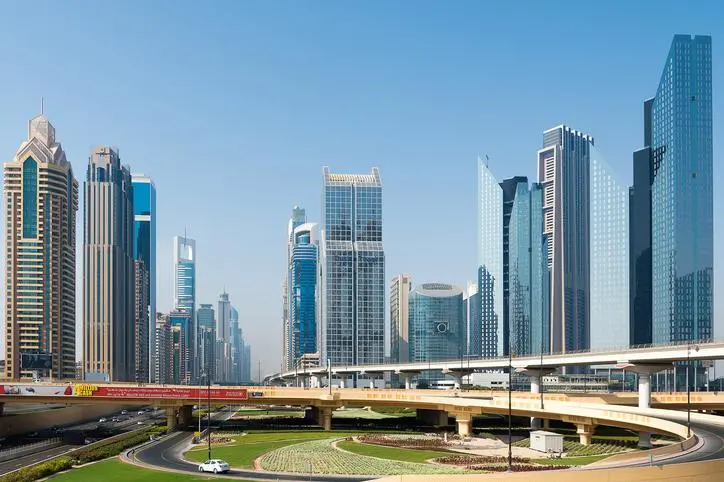PHOTO
UAE - New methods are constantly introduced by drug smugglers and dealers as authorities have become stringent on curbing the illegal substances in the UAE. The use of synthetic hallucinogens have become a new trend in the UAE markets, according to a top official at the Sharjah Police.
Major Majid Al Assam, acting director of the anti-narcotic department at the Sharjah Police, said the UAE authorities were able to seize such drugs that were imported using new fraudulent methods. Youngsters use these synthetic drugs often, which include pills that are legitimately sold in pharmacies with a prescription.
Maj Al Assam said these drugs have become widespread because of their cheap price. "It is easy to consume compared to other drugs such as heroin, hashish or crystal meth," he said.
He also said that psychiatric clinics are violating the law by facilitating the use of narcotics. "They ignore the ethics and honesty of their profession and provide drugs to youngsters who fall victims to addiction."
Drug cases on decline
The rate of drug cases in the country has been relatively stable in 2017 and there has been a slight decrease in 2018, according to Maj Al Assam. In 2016, the number of drug-related crimes increased by 15 per cent, and the police recorded 643 drug-related crimes in 2016 as compared to 453 in 2015.
Brigadier-General Mohammad Rashid Bayat, director-general of police operations, Sharjah Police, said that as drugs pose risks to the society, the UAE government strongly rejects their use and works to prevent abuse and trafficking by enacting legislation and laws.
The UAE is an active participant in international and regional efforts to reduce the spread of drugs and prevent smuggling attempts. International drug gangs target the UAE because of its strategic location and high individual income.
New methods of trafficking
Drug trafficking methods include smuggling through human and animal intestines as well as hiding them between commercial goods, said Maj Al Assam.
"Recently, we seized some drugs hidden in various parts of heavy trucks," he said.
Major Abdullah Abdul Aziz, head of technical support section at the anti-narcotic department of the Sharjah Police, said awareness has a significant role in combating drugs by minimising the demands.
He explained that parents, schools, society members and security authorities must unite and cooperate to eliminate and prevent the dangers of drug abuse.
"Spreading awareness among students and their parents would reduce the demand, which will also affect the market for the drug dealers," he said.
He also added that annual statistical reports during the last three years clearly show that the authorities' awareness efforts have paid off.
Penalties for drug use,promotion
Anyone found using synthetic drugs will face a minimum of four years in jail and those supplying it would receive the death penalty.
Synthetic cannabis has been banned in the UAE after it was found to be linked with some deaths. Maj Al Assam said the drug is popular among adolescent addicts, especially students of middle and high school. "It is being sold in groceries or small shops near schools and students have been found promoting it among friends," he said.
To combat it, the police have launched an awareness campaign in coordination the Sharjah Education Council, Sharjah Education Zone and Khalifa Programme for Empowering Students of Private and Government Schools. The awareness programme educates the students about life skills and prevention of misconducts such as involving in drug crimes.
Maj Al Assam added that extensive efforts are being made by the Ministry of Interior (MoI) to combat the negative phenomena. "I would like to point out that all anti-narcotic departments in the country are considered an integrated system with strategic objectives. We work as a single entity to deal with drugs and there is a great cooperation between us," he stressed.
Copyright © 2018 Khaleej Times. All Rights Reserved. Provided by SyndiGate Media Inc. (Syndigate.info).





















